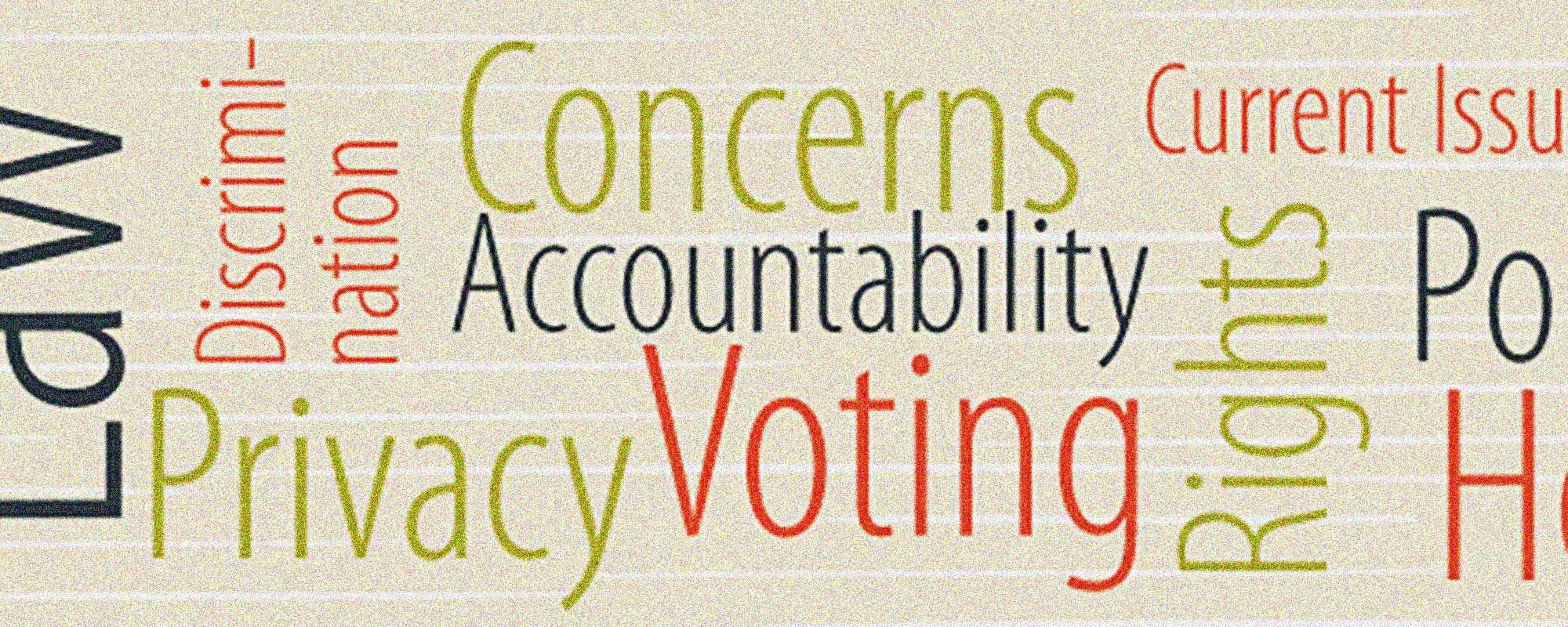TalkRights features content produced by CCLA volunteers and interviews with experts in their own words. Opinions expressed here do not necessarily represent the CCLA’s own policies or positions. For official publications, key reports, position papers, legal documentation, and up-to-date news about the CCLA’s work check out “THE LATEST” section of our website.
Chances are you have seen or heard of a “tent city.” These semi-permanent urban encampments seem to appear on the news with increasing frequency, especially in Canadian cities like Vancouver, Victoria, and Toronto. Instead of finding a new place to sleep each night, be it a park bench or a bed in a shelter, many people experiencing homelessness have been opting to set up more permanent shelters along with others in similar situations. The resulting encampments can vary in size but some – like Vancouver’s former Oppenheimer Park encampment – have had hundreds of residents.[1]
News stories tend to cast these encampments in a negative light. They highlight court decisions to shut down encampments and concerns from nearby home and business owners. But the stories of tent city residents are not often told.
To better understand the perspectives of those living in encampments, researchers from Royal Roads University interviewed residents of Victoria’s Tent City in 2016.[2] Previous research suggested, unsurprisingly, that many tent city residents initially join because they find themselves in need of a temporary housing option.[3] This held true for the Victoria Tent City residents, many of whom attributed their situations to the unavailability of affordable housing or the inability to obtain housing, for example, due to having a criminal record. Some residents cited substance abuse, mental health struggles, unemployment, and family problems as factors contributing to their lack of housing.[4]
But why join a tent city instead of, say, staying in a shelter? In some cases, negative experiences with staying in shelters can play a role.[5] Other times, overcapacity of shelters can take away the option all together.[6] Positive experiences with tent cities also influence people to reside in encampments. Tent cities can provide a source of community, both by providing a feeling of connectedness and in the sense that residents help care for each other.[7] This includes protecting one another from risks (e.g., theft) that would be more difficult to avoid in isolation. Tent cities offer an opportunity for residents to self-govern, allowing more autonomy and self-reliance than is typically available in a shelter.[8] This is likely why some residents feel more control of their lives while living in a tent city.[9]
Despite the benefits for those living in a tent city, encampments in Canada have been viewed as less than ideal by the public and cities. In past court proceedings, municipalities have referenced traffic risks,[10] security risks posed to neighboring people and property,[11] and fire risks[12] as reasons to shut down encampments. The public often opposes tent cities because their presence can decrease property values, pose safety risks, reduce business, and impede use of public spaces.[13] Tent cities also come with costs to the taxpayer, as the city often incurs costs to set up facilities and a security presence at encampments,[14] though it should be noted that these costs are lower in comparison to the cost of running a shelter.[15] Overall, these challenges drive opposition to tent cities and contribute to their stigma.
Municipalities face difficult decisions when it comes to balancing the needs of tent city residents with public concerns. In Canada, cities often react to encampments by seeking a judge-ordered eviction in court.[16] Legal action is usually sought on the basis that tent cities violate city bylaws and municipalities often succeed in obtaining an injunction to dismantle a tent city and evict residents. However, the effectiveness of this approach is generally short-lived. In Vancouver, when one encampment shuts down, it is common that another one pops up elsewhere.[17] Tent city residents are merely displaced, but frequently no permanent solution is provided for their lack of housing.
Some cities in the USA – like Seattle, Washington and Fresno, California – have taken a different approach by legalizing certain encampments and designating them as “safe havens” for the homeless population. These encampments operate as self-governing, democratic communities with self-determined rules including criteria to become and remain a resident. Residents are required by community rules to perform chores around the camp, including security, gardening, and maintenance. In cities where camps are legalized or tolerated, encampments have become recognized as a legitimate social welfare response to homelessness, especially where there are shortages of shelters and affordable housing options.[18]
However, neither dismantling nor legalizing tent cities is a long-term solution to homelessness. According to the United Nations, everyone has a right to adequate housing. To be adequate, homes must meet certain standards.[19] While possibly an effective interim solution to homelessness, legalized tent cities fall short of meeting international housing rights standards. Evicting residents – and displacing them – also fails as a sustainable and long-term response to homelessness. To align with Canada’s commitment to housing rights, a permanent solution is needed, ideally one that can reproduce the benefits experienced by tent city residents while balancing the concerns of the public.
By Guest Author Charlotte Kelso
Footnotes
[1] See BC Housing (@BC_Housing). “We’re moving people living in large encampments to safer places indoors. As of 4pm, May 9: 106 people have moved from Topaz and Pandora corridor in Victoria & 261 have moved from Oppenheimer Park area (final Oppenheimer figures coming soon).” 05/10/2020, 11:08. Tweet.
[2] Michael G Young, Nicole Abbott, & Emily Goebel, “Telling their story of homelessness: voices of Victoria’s Tent City” 2017 26:2 Journal of Social Distress and Homelessness 79-89.
[3] Zoe Loftus-Farren, “Tent Cities: An Interim Solution to Homelessness and Affordable Housing Shortages in the United States” 2011 99:1037 California Law Review 1037.
[4] Young, supra note 2.
[5] Ibid.
[6] See Saanich (District) v Brett, 2018 BCSC 1648.
[7] Loftus-Farren, supra note 3.
[8] Ibid.
[9] Chris Herring and Manuel Lutz, “The roots and implications of the USA’s homeless tent cities” 2015 19:5 City 689-701.
[10] Brett, supra note 6.
[11] See British Columbia v. Adamson, 2016 BCSC 1245at para 51 and 72-81.
[12] Brett, supra note 6.
[13] Loftus-Farren, supra note 3.
[14] See Saanich (District) v Brett, 2018 BCSC 1648.
[15] Loftus-Farren, supra note 3.
[16] See Vancouver (City) v Wallstam, 2017 BCSC 937; Nanaimo (City) v Courtoreille, 2018 BCSC 1629; and British Columbia v. Adamson, 2016 BCSC 1245.
[17] See Vancouver Board of Parks and Recreation v. Sterritt, 2003 BCSC 1421; The Corporation of the City of Victoria v. Thompson, 2011 BCSC 1810; and Vancouver Board of Parks and Recreation v. Williams, 2014 BCSC 1926.
[18] Herring, supra note 9.
[19] Committee on Economic, Social and Cultural Rights, CESCR General Comment No. 4: The Right to Adequate Housing (Art. 11 (1) of the Covenant), OHCHR, 1991, UN Doc E/1992/23.
About the Canadian Civil Liberties Association
The CCLA is an independent, non-profit organization with supporters from across the country. Founded in 1964, the CCLA is a national human rights organization committed to defending the rights, dignity, safety, and freedoms of all people in Canada.
For the Media
For further comments, please contact us at media@ccla.org.




